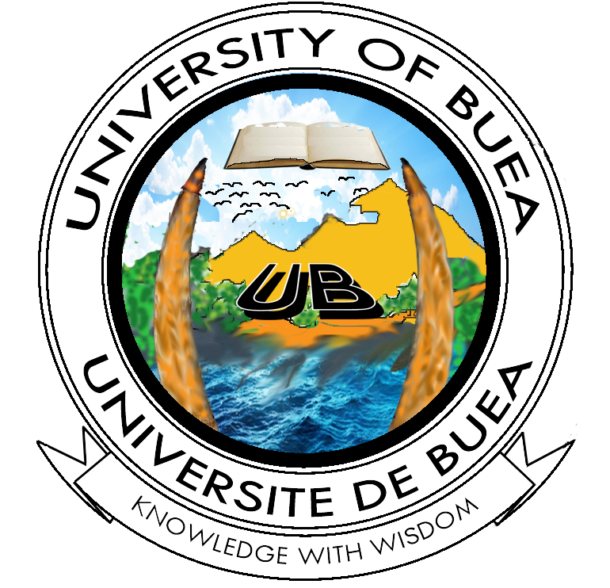Duration: 2 years
Fee Paying: Yes (See Call for Application)
Admission Requirements
The following categories of people can apply. In all cases, except in point4 below, the applicant must have earned at least a Second- class Honours Lower Division Bachelor’s Degree or the “Licence” with an average of at least 11/20.
- Bachelor’s Degree holders in Medical Laboratory Technology or Medical Laboratory Sciences;
- Bachelor’s Degree holders in an appropriate Life Science discipline (Biochemistry, Microbiology, Zoology; Pharmacology; etc);
- Medical and Veterinary Doctors; Nurses must have done molecular biology at the BSc level or will be required to take one undergraduate molecular biology course.
- Other class BSc holders with 3 years relevant working experience can enrol into the programme.
Any relevant experience would be an advantage during the selection process. The department reserves the right to conduct a selection test and interview whenever necessary.
Objectives
This is a professional programme that is intended to produce graduates who are fully competent in the following:
- Professional conduct of broader molecular (DNA, RNA, proteins, biomolecules and metabolites, and immunology-based) diagnostic tests, including molecular forensic tests, in clinical or forensic laboratories;
- Conduct of epidemiology studies, including genotyping and drug resistance studies, with the knowledge that the purpose of diagnostics at the population level (screening, surveillance) is to assist epidemiology;
- Gathering of epidemiological data, especially on non-communicable diseases in Cameroon and elsewhere to help disease prevention and control efforts;
- Participation in clinical trials and pharmacogenomics studies;
- Development and validation of new molecular diagnostic tests in research laboratories and Pharmaceutical Biotechnology firms.
This programme rovides professional education and training in molecular diagnosis and molecular epidemiology at the graduate level for Life Science or Health personnel, especially those who already have some basic knowledge of medical laboratory technologies. Drug resistance testing will be taught in detail. The principle and current molecular epidemiology techniques used in disease surveillance will be taught. The principles of molecular biology and immunology, as well as the relevant methods will also be taught in detail. The adaptation and adoption of new molecular diagnostic tests will also be dealt with. Diagnostic algorithms for major diseases and conditions will be emphasised. Diagnosis of conditions in foetuses, predisposition of parents to certain medical conditions, as well as molecular forensic tests will be examined. Finally, the graduate will be prepared for molecular diagnostic research or molecular epidemiology through the production and defence of an MSc thesis.
Method of Teaching
The programme will consist of on-campus classes and laboratory sessions, as well as, structured practical experience in a diagnostic laboratory. Visiting lecturers and experts from countries where some of the techniques are already well-established will be involved. The practicum and internship components will be intensive.
Graduation Requirements
To obtain the MSc in Molecular Epidemiology and Diagnostic Science, the candidate must fulfil the following conditions:
- The student must have obtained at least 120 credits of course and field/research work. The student shall conduct an MSc research project, submit and defend a thesis on the outcome of the project under conditions prescribed by the senate.
- The student must have undertaken at least one month of medical laboratory placement nationally or internationally in a clinical or epidemiological laboratory where molecular tests or experiments are conducted.
- The student shall satisfy any other requirements of postgraduate studies that Senate may prescribe.
Employment Opportunities
The programme will produce professionals who are highly competent in performing and interpreting DNA, Antibody, Protein and other biomarker-based, medical laboratory tests in hospitals; Working in Reference Laboratories in prognoses and monitoring the course of diseases and epidemics; In biomarker-based epidemiological surveys for disease prevention and control; In law enforcement agencies in both forensic and non-forensic identifications; In public health departments; In research institutions in selecting optimal therapies; and in pharmaceutical companies where new diagnostic tests are developed and validated; As sales agents and leaders in the rapidly advancing molecular diagnostics industry, nationally and internationally. The graduate will be endowed with the capacity for self-employment, PhD level studies, and continued self-education.
Courses


